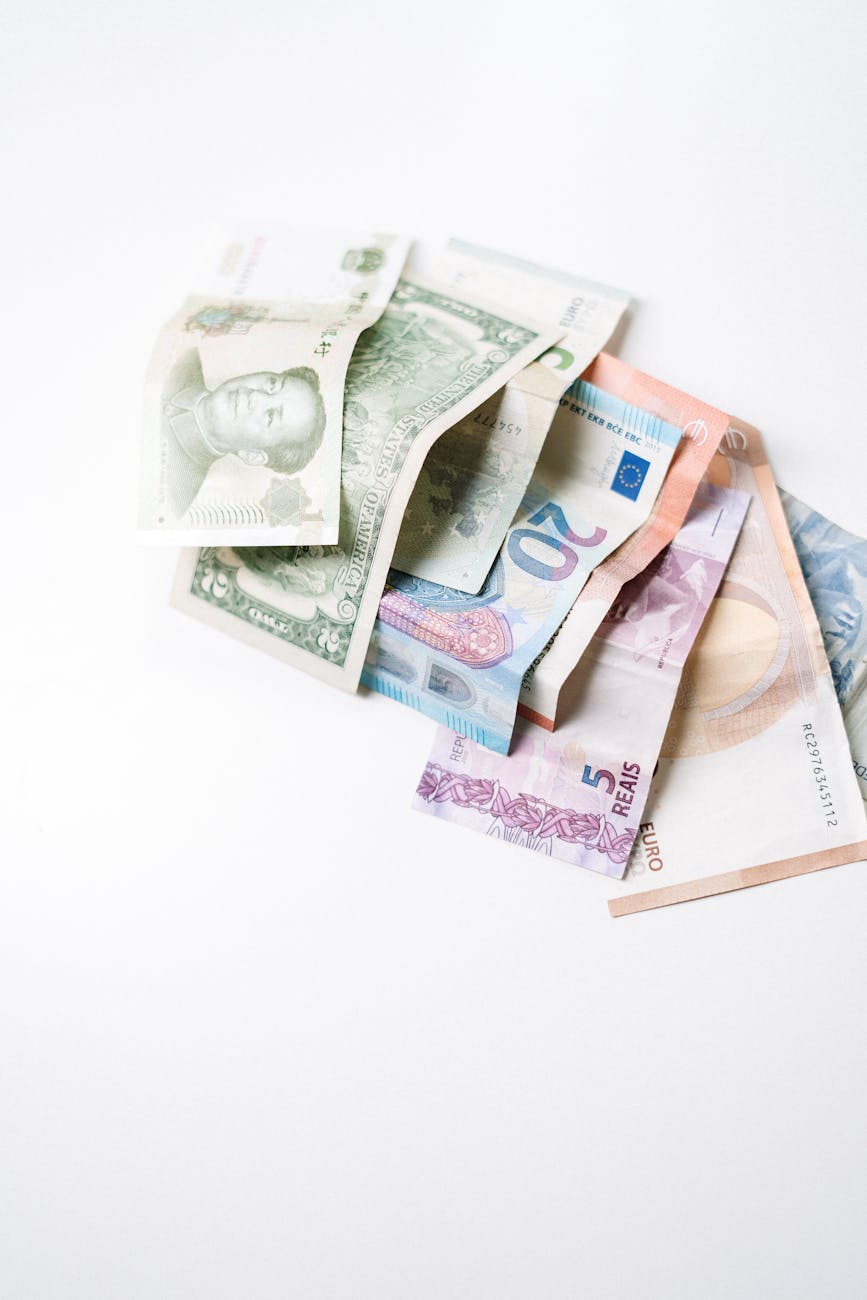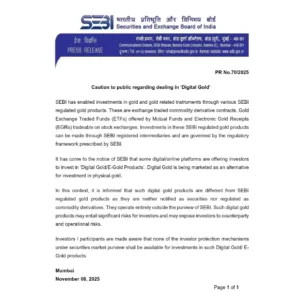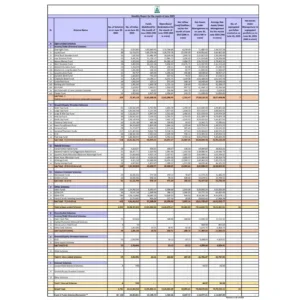China is considering approving a new fiscal package that would allow for the issuance of over 10 trillion yuan (approximately $1.4 trillion) in additional debt to help revive its struggling economy. This decision is expected to be made during a meeting of the Standing Committee of the National People’s Congress (NPC), which will take place from November 4 to 8, according to Reuters.
The proposed plan includes 6 trillion yuan, with some of the money coming from special government bonds. This debt will be issued over three years, starting in 2024, and an extra 4 trillion yuan will be raised over five years. The main purpose of this funding is to help local governments deal with hidden debt risks.
The overall amount planned to be raised by issuing special treasury and local government bonds represents more than 8% of China’s economy. The country has been facing significant challenges due to a prolonged crisis in the property sector and increasing debt among local governments.
Additionally, sources indicate that the fiscal package could be expanded if Donald Trump wins the upcoming U.S. presidential election. The final announcement regarding this plan is expected on November 8, detailing how the 6 trillion yuan will be allocated to address local government debt and up to 4 trillion yuan for acquiring unused land and properties, as reported by Reuters.
Chinese President Xi Jinping has announced plans to implement a combination of existing and new policies, as reported by state media. He emphasized the importance of focusing on these efforts over the next two months, urging officials to work earnestly to meet the year’s economic and social development targets. President Xi’s call highlights the government’s commitment to achieving its goals and completing key tasks for 2024.
China’s recent economic stimulus is expected to influence the Q3 earnings of major banks such as ICBC, China Construction Bank, Agricultural Bank of China, and Bank of China. The emphasis will be on the long-term outlook, as decreasing lending and deposit rates could affect net interest margins and profitability.
China’s central bank, the People’s Bank of China, is implementing outright reverse repurchase agreements as a new monetary policy tool. This monthly operation with primary dealers is designed to ensure sufficient liquidity in the banking system and strengthen its monetary policy framework.
China’s stock market has hit a significant milestone, with passive fund assets exceeding those of active funds for the first time. Passive funds now total 3.16 trillion yuan ($443 billion), compared to 2.84 trillion yuan for active funds. This shift reflects a long-term trend and has been driven by a recent rally in response to stimulus measures.
Defaults in China’s local debt market have reached record levels, leaving investors who depended on state guarantees in a difficult position. Despite a $309 billion bond plan, failures in non-standard debt have increased significantly.
Chinese lawmakers are set to approve a fiscal package worth trillions of yuan during their Nov. 4-8 meeting. This aims to bolster growth, recapitalize state banks, and manage local government debt amid an economic downturn and potential U.S. tariffs.

Emerging-market stocks are experiencing their longest losing streak since the Federal Reserve’s rate cut, largely due to concerns surrounding the U.S. elections and disappointing stimulus measures in China. The MSCI Emerging Markets Index fell for four consecutive days, with significant losses attributed to major companies like Samsung, Alibaba, Tencent, and Meituan.
Udpate (7th November, 2024)
Chinese stocks are rallying once again amid reports of a massive 12 trillion yuan stimulus package. This includes 6 trillion yuan allocated for local government bond swaps, 4 trillion yuan for a property sector bailout, and 2 trillion yuan aimed at boosting consumption—something new that the market had been eagerly anticipating. While the first ten trillion yuan had already been discussed, the addition of 2 trillion yuan for consumption-focused measures marks a shift in how China plans to stimulate its economy. Though not exactly a “bazooka,” the market is reacting positively to these developments, and we may see further movement in the next 24 hours.
U.S.-listed Chinese stocks rose in premarket trading, driven by optimism over domestic stimulus. Alibaba (+2.2%), JD.com (+3.1%), PDD Holdings (+2.5%), Li Auto (+2.2%), Nio (+3%), Xpeng (+4.4%), Bilibili (+4.6%), and Baidu (+2.1%) all saw gains.
Bringing you the latest updates on finance, economies, stocks, bonds, and more. Stay informed with timely insights.









































One Comment